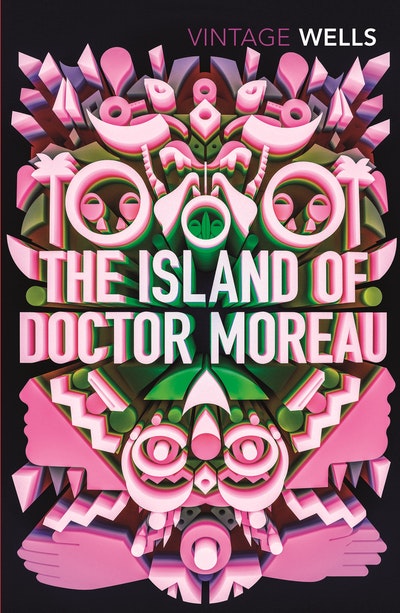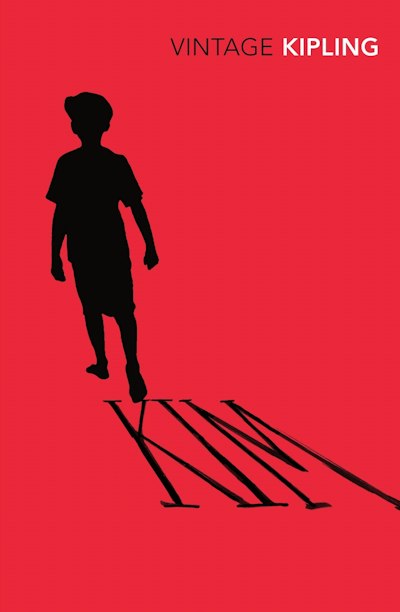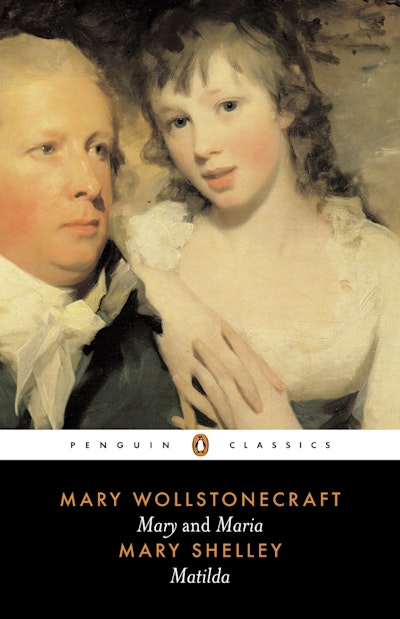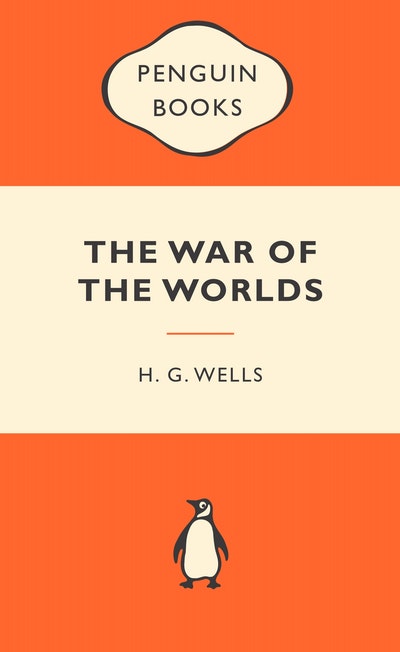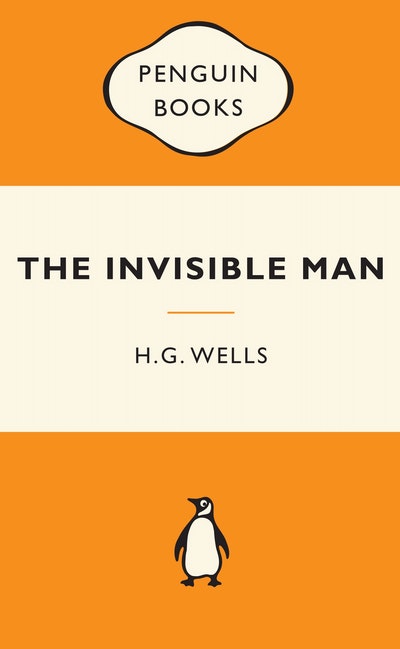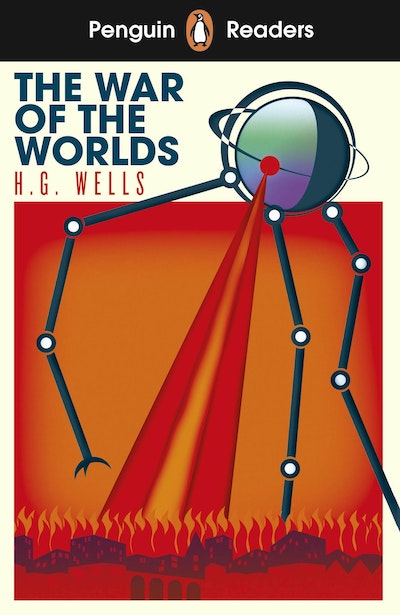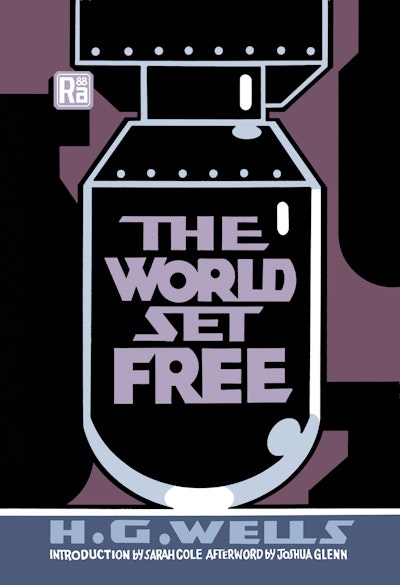- Published: 20 March 2017
- ISBN: 9781784872106
- Imprint: Vintage Classics
- Format: Paperback
- Pages: 160
- RRP: $22.99
The Island of Doctor Moreau
A man is discovered adrift in the wreckage of a boat, babbling of horrors scarcely imaginable...this is his story.
A man is discovered adrift in the wreckage of a boat, babbling of horrors scarcely imaginable...this is his story.
They say that terror is a disease...
A shipwrecked man finds himself, after various twists of Fate, on a lonely tropical island. From a locked enclosure the cries of animals in pain can be heard, and there is a stink of chemicals in the air. Bestial faces stare out of the forests and grotesque, misshaped creatures move in the gloom. In this island paradise, the horrific experiments of the infamous Doctor Moreau will reach their inevitable conclusion.
- Published: 20 March 2017
- ISBN: 9781784872106
- Imprint: Vintage Classics
- Format: Paperback
- Pages: 160
- RRP: $22.99
Other books in the series
About the author
English novelist, journalist, sociologist, and historian, whose science fiction stories have been filmed many times. WELLS’ best known works are THE TIME MACHINE, one of the first modern science fiction stories, THE INVISIBLE MAN, and THE WAR OF THE WORLDS. Wells wrote over a hundred of books, about fifty of them novels.
H.G. Wells was born in Bromley, Kent, in 1866. After an education repeatedly interrupted by his family’s financial problems, he eventually found work as a teacher at a succession of schools, where he began to write his first stories.
Wells became a prolific writer with a diverse output, of which the famous works are his science fiction novels. These are some of the earliest and most influential examples of the genre, and include classics such as The Time Machine and The War of the Worlds. Most of his books very well-received, and had a huge influence on many younger writers, including George Orwell and Isaac Asimov. Wells also wrote many popular non-fiction books, and used his writing to support the wide range of political and social causes in which he had an interest, although these became increasingly eccentric towards the end of his life.
Twice-married, Wells had many affairs, including a ten-year liaison with Rebecca West that produced a son. He died in London in 1946.
Related titles
Praise for The Island of Doctor Moreau
A grisly Darwinian heart-of-darkness fantasy
Daily Telegraph
A master writer
Guardian
The Island of Dr. Moreau takes us into an abyss of human nature. This book is a superb piece of storytelling
V. S. Pritchett
A dark and sinister fable about science versus nature. Beware the House of Pain!
The Times
The Island of Doctor Moreau is one of those books that, once read, is rarely forgotten
Margaret Atwood
A lurid Darwinian nightmare...pushes unnervingly at the boundaries of what it is to be human and still reads as freshly as when it was first published.
Evening Standard
